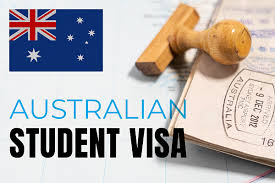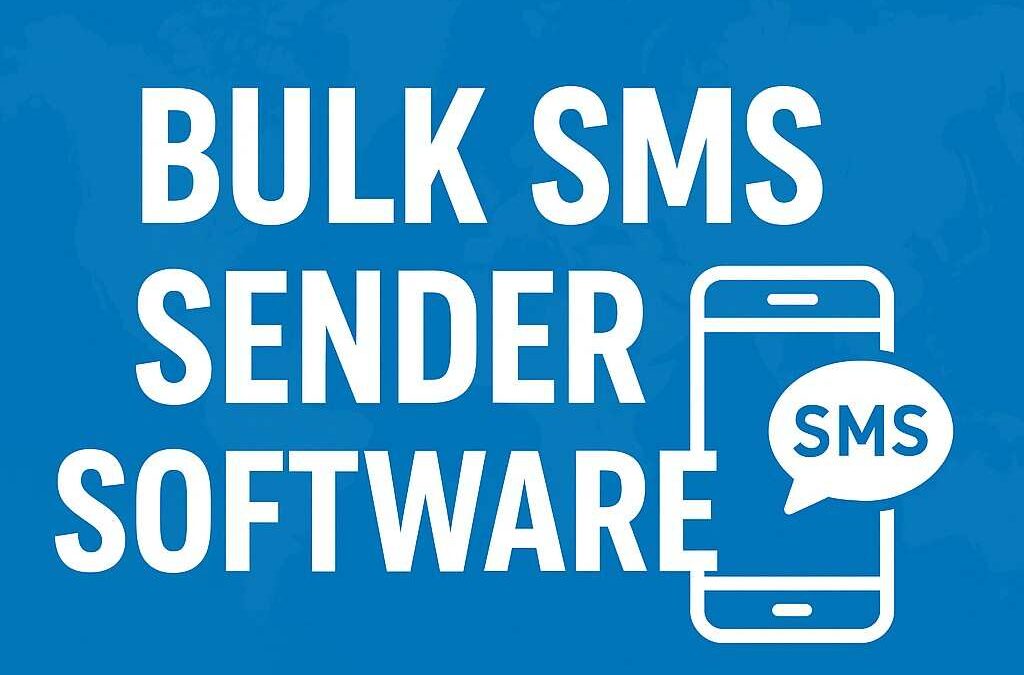Australia is one of the top destinations for international students seeking high-quality education and a multicultural learning environment. With globally recognized universities, innovative teaching methods, and a high standard of living, it’s no surprise that thousands of students apply for an Australian student visa each year.
If you’re planning to pursue your studies in Australia, understanding the student visa requirements is crucial. This guide will help you navigate the essentials, including eligibility criteria, documentation, application process, and how to choose the best consultancy for Australia study visa support.
Why Study in Australia?
Before diving into visa specifics, it’s important to understand why Australia is such a preferred study destination:
World-class education: Institutions like the University of Melbourne, ANU, and the University of Sydney rank among the best globally.
Cultural diversity: Australia welcomes students from over 190 countries, fostering a culturally rich and inclusive society.
Work while you study: Student visa holders can work up to 48 hours per fortnight during term time.
Post-study work rights: Graduates can apply for a Temporary Graduate Visa (subclass 485) to gain work experience.
Types of Student Visas
The main visa category for international students in Australia is the Student Visa (Subclass 500). This visa allows you to:
- Stay in Australia for the duration of your course (up to 5 years)
- Bring family members (spouse or dependents)
- Work part-time during study periods and full-time during holidays
Key Requirements for an Australian Student Visa
To be eligible for the Student Visa (Subclass 500), you need to meet several requirements:
1. Confirmation of Enrolment (CoE)
You must be enrolled in a full-time course registered with the Commonwealth Register of Institutions and Courses for Overseas Students (CRICOS). Once you’ve been accepted, your institution will issue a Confirmation of Enrolment (CoE), which is mandatory for your visa application.
2. Genuine Temporary Entrant (GTE) Requirement
The GTE is an assessment to ensure that the primary purpose of your visit is education and that you intend to return home after completing your studies. You’ll need to submit a personal statement addressing:
- Previous study
- Employment history
- Ties to home country
- Future career plans
3. Financial Requirements
You must prove you have enough funds to cover:
- Tuition fees
- Living expenses (around AUD 24,505 per year)
- Travel costs
You can show evidence through bank statements, financial guarantees, or proof of sponsorship.
4. English Language Proficiency
Non-native English speakers must demonstrate proficiency through tests like:
- IELTS (minimum overall score of 5.5)
- TOEFL
- PTE Academic
Some exemptions apply based on your nationality or previous education in English.
5. Overseas Student Health Cover (OSHC)
It is compulsory for all international students to have OSHC for the entire duration of their stay. This insurance covers medical expenses and hospital care while in Australia.
6. Health and Character Requirements
You may be asked to undergo a medical examination and provide a police clearance certificate to prove good character.
How to Apply for a Student Visa
Here’s a step-by-step guide to the visa application process:
Step 1: Apply to an Institution
Choose your course and institution, then submit your application. Once accepted, you’ll receive your CoE.
Step 2: Gather Documents
Prepare essential documents, including:
- CoE
- Passport
- GTE statement
- Financial proof
- English test results
- OSHC policy details
Step 3: Create an ImmiAccount
You’ll need to create an ImmiAccount on the Australian Government’s immigration website to lodge your application online.
Step 4: Pay the Application Fee
The student visa application fee is approximately AUD 710. Additional charges may apply for dependents.
Step 5: Submit and Wait
After submission, you’ll receive a Transaction Reference Number (TRN) to track your application. Processing times can range from 1 to 3 months, depending on individual circumstances.
Can You Work on a Student Visa?
Yes. As of 2025, international students are allowed to work up to 48 hours per fortnight during the academic term. During official university holidays, full-time work is permitted.
This flexibility allows students to gain valuable work experience and support their living expenses.
Post-Study Options
After graduation, international students may be eligible for:
Temporary Graduate Visa (subclass 485): Allows you to work in Australia temporarily (2 to 4 years based on your qualification)
Skilled migration pathways: If your field is in demand, you may qualify for permanent residency via General Skilled Migration (GSM) program
Choosing the Right Education Consultancy
Navigating the visa process can be overwhelming, especially with ever-changing rules and detailed documentation. This is where a trusted education consultancy becomes essential. A good consultancy will:
- Assist with course and university selection
- Help with visa application and documentation
- Provide guidance on GTE and SOP writing
- Advise on scholarships and financial aid
- Offer pre-departure and post-arrival support
- When selecting a consultancy, look for one with a proven track record, MARA-registered migration agents, and excellent student reviews.
If you’re looking for expert help, consider exploring the best consultancy for Australia study visa to ensure a smooth and successful visa journey.
Final Thought
Getting an Australian student visa requires planning, accurate documentation, and a good understanding of the process. From securing your Confirmation of Enrolment to writing a compelling GTE statement, every step is vital to your application’s success.
While it’s entirely possible to apply on your own, having professional guidance can significantly increase your chances of approval and reduce stress. With the right support and preparation, your dream of studying in Australia can become a reality.







0 Comments